Earth
Sign up for our newsletter
We summarize the week's scientific breakthroughs every Thursday.
-
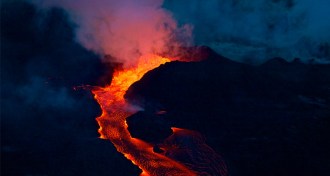 Earth
EarthKilauea’s spectacular pyrotechnics show no signs of stopping
Watch some of the most striking videos and images of the strange, fiery beauty of the Hawaii volcano’s ongoing eruption.
-
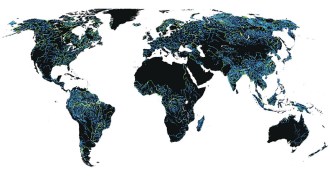 Earth
EarthEarth’s rivers cover 44 percent more land than we thought
A global survey of rivers and streams based on satellite data suggests that these waterways traverse about 773,000 square kilometers.
-
 Planetary Science
Planetary ScienceMars got its crust quickly
The Martian crust had solidified within 20 million years of the solar system’s formation.
-
 Genetics
GeneticsReaders ponder geothermal power and more
Readers respond to stories from the May 26, 2018 issue of Science News.
-
 Climate
ClimateWhy won’t this debate about an ancient cold snap die?
Critics are still unconvinced that a comet caused a mysterious cold snap 12,800 years ago.
-
 Earth
EarthThis volcano revealed its unique ‘voice’ after an eruption
Identifying patterns in a volcano’s low-frequency sounds could help monitor its activity.
-
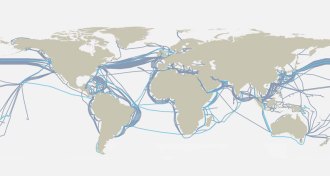 Earth
EarthUnderwater fiber-optic cables could moonlight as earthquake sensors
The seafloor cables that ferry internet traffic across oceans may soon find another use: detecting underwater earthquakes.
-
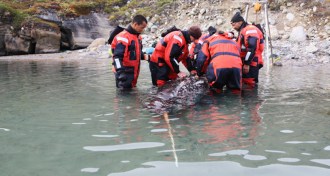 Animals
AnimalsHere’s what narwhals sound like underwater
Scientists eavesdropped while narwhals clicked and buzzed. The work could help pinpoint how the whales may react to more human noise in the Arctic.
-
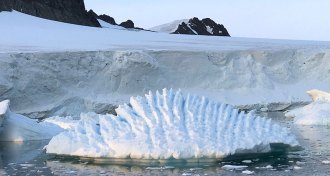 Climate
ClimateAntarctica has lost about 3 trillion metric tons of ice since 1992
Antarctica’s rate of ice loss has sped up since 1992 — mostly in the last five years, raising global sea level by almost 8 millimeters on average.
-
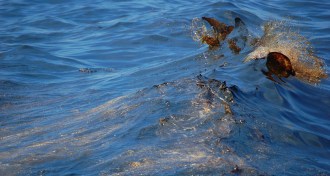 Environment
EnvironmentSunshine is making Deepwater Horizon oil stick around
Sunlight created oxygen-rich oil by-products that are still hanging around eight years after the Deepwater Horizon spill.
-
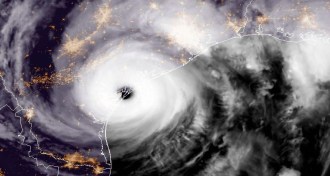 Climate
ClimateTropical cyclones have slowed over the last 70 years
Tropical cyclones are moving 10 percent slower, on average, than they did in the mid-20th century, potentially making them more dangerous.
-
 Environment
EnvironmentA big analysis of environmental data strengthens the case for plant-based diets
A new study calculates the bonus for the planet of choosing more foods from plants.
By Susan Milius